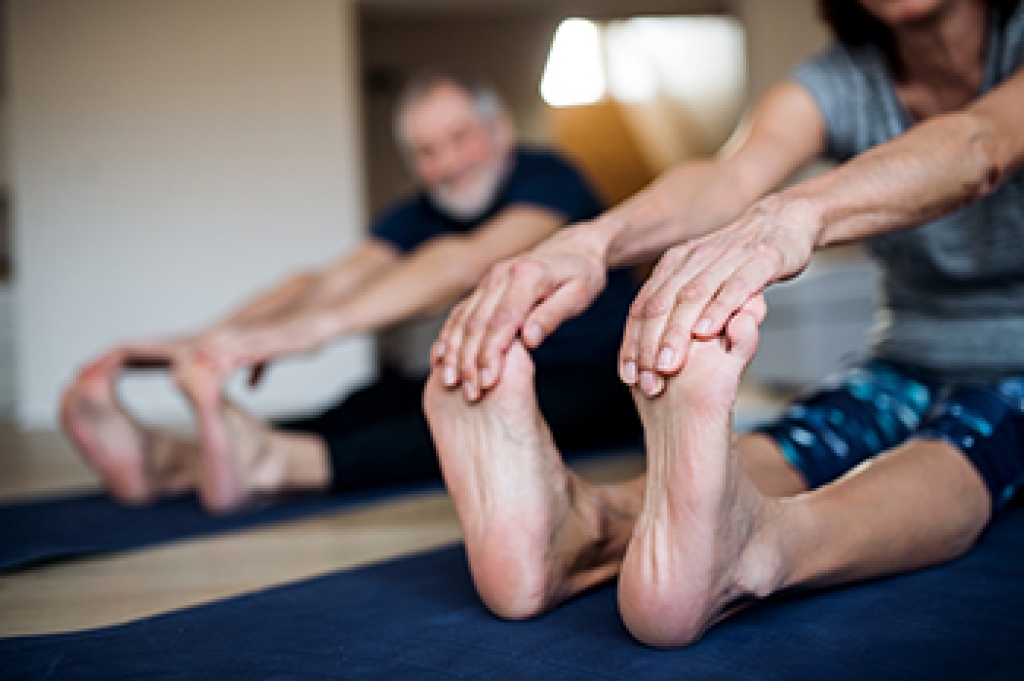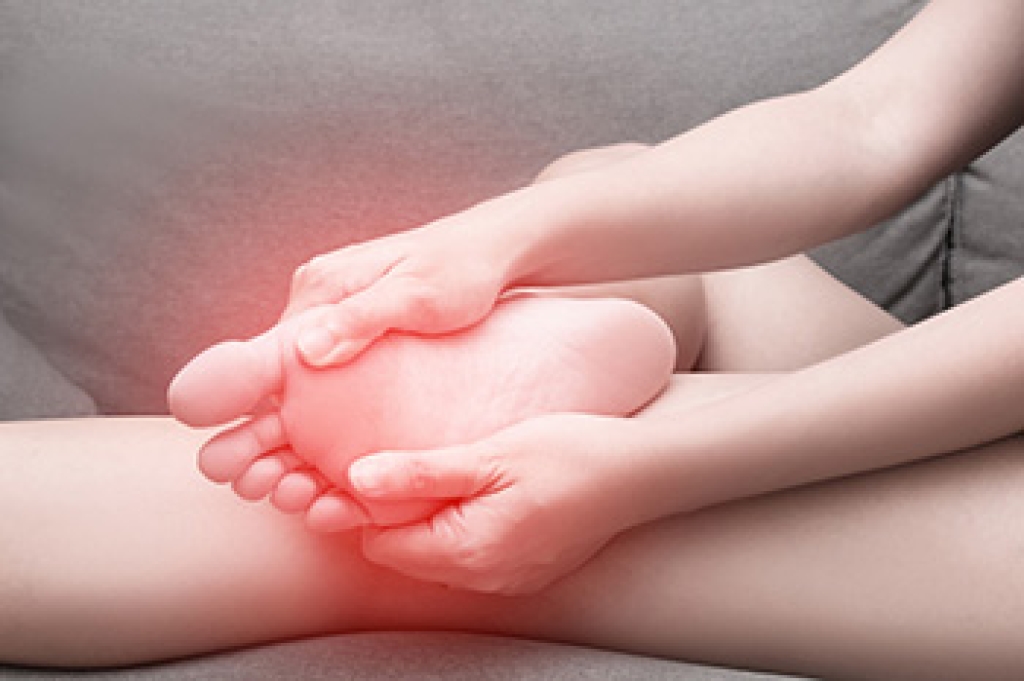
Many people wonder whether running shoes are suitable for walking, and the answer depends on impact-biomechanics and shoe design. Walking and running place different forces on the feet, which is why footwear is designed differently for each activity. Running shoes often have greater cushioning to absorb higher impact, while walking shoes emphasize steady support and flexibility. Differences such as heel drop, sole stiffness, and upper construction affect comfort and performance. A higher heel drop may feel unstable for walking, and increased sole stiffness can limit natural foot motion. Upper construction also varies, influencing breathability and fit during longer wear. A podiatrist can assess arch type, gait pattern, and activity needs to determine whether running shoes are appropriate for walking, or if a specific walking shoe is better. If you have foot pain or fatigue, it is suggested that you schedule a visit with a podiatrist for personalized advice and guidance on proper shoe selection.
For more information about walking shoes versus running shoes, consult with Jeffrey Radack, DPM from Texas Regional Foot & Ankle Clinics. Our doctor can measure your feet to determine what your needs are and help you find an appropriate pair of footwear.
Foot Health: The Differences between Walking & Running Shoes
There are great ways to stay in shape: running and walking are two great exercises to a healthy lifestyle. It is important to know that running shoes and walking shoes are not interchangeable. There is a key difference on how the feet hit the ground when someone is running or walking. This is why one should be aware that a shoe is designed differently for each activity.
You may be asking yourself what the real differences are between walking and running shoes and the answers may shock you.
Differences
Walking doesn’t involve as much stress or impact on the feet as running does. However, this doesn’t mean that you should be any less prepared. When you’re walking, you land on your heels and have your foot roll forward. This rolling motion requires additional support to the feet.
Flexibility – Walking shoes are designed to have soft, flexible soles. This allows the walker to push off easily with each step.
If you have any questions, please feel free to contact our office located in McKinney and Coppell, TX . We offer the newest diagnostic and treatment technologies for all your foot care needs.




